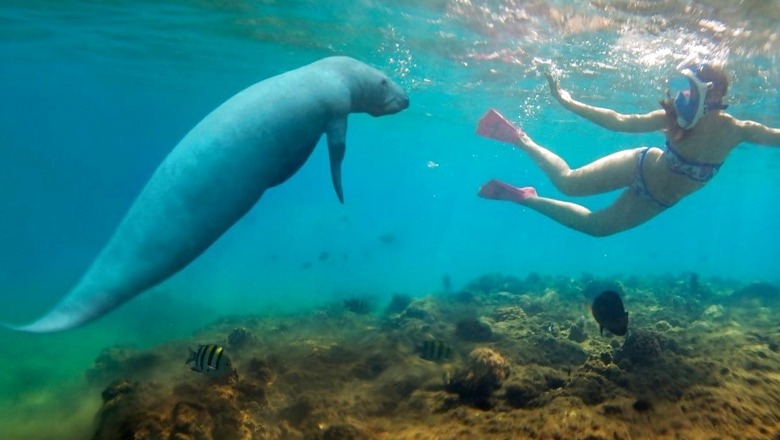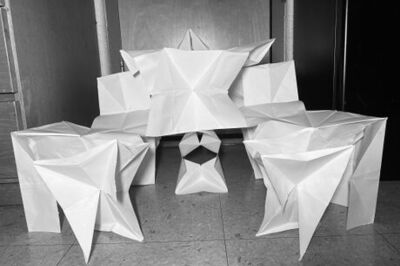
views
India was home to sea cows millions of years ago, claims a recent study conducted by the faculty members of Indian Institute of Technology (IIT) Roorkee. The faculty members claim to have found fossil remains of sea cows from the Kutch region of Gujarat, which show that India was home to at least four different species including some very primitive ones that lived in this region about 42 million years ago and another five species that thrived about 20 million years ago. The study was headed by Prof Sunil Bajpai.
Sea cows or Dugongs are an endangered species of herbivorous marine mammals, which feed on seagrass in shallow coastal waters. Although protected in India under the Wild (Life) Protection Act, 1972, these rare animals are fighting for survival in the Indian waters including the Gulf of Kutch, the Gulf of Mannar & Palk Bay (Tamil Nadu) and the Andaman & Nicobar Islands. “There is a serious danger of these sea cows becoming extinct if concerted efforts are not made for their conservation,” said IIT Roorkee in a press release.
Prof Bajpai, who is the Head of the Department of Earth Sciences at IIT Roorkee observed that the “Ongoing studies show that the actual diversity could be even higher and India was a major centre of evolution and diversification in the past, not only for sea cows but also for other associated mammals such as whales.”
A large number of beautifully preserved sea cow and whale fossils are currently housed at Prof Bajpai’s Paleontology Lab at IIT Roorkee. This year, on the occasion of the World’s Dugong Day, which is observed on May 28 every year, a poster highlighting this pre-historic heritage of fossil sea cows was brought out by the CAMPA- Dugong Progam at Wildlife Institute of India, Dehradun with inputs from Prof Bajpai.
“It is exciting to see fossil evidence that suggests India was a cradle of evolution and biodiversity in the past. I am happy that the Department of Earth Sciences at IIT Roorkee is contributing to improving our understanding of evolution.” said Prof Ajit Chaturvedi, Director, IIT Roorkee.
Read all the Latest News, Breaking News and Coronavirus News here.

















Comments
0 comment